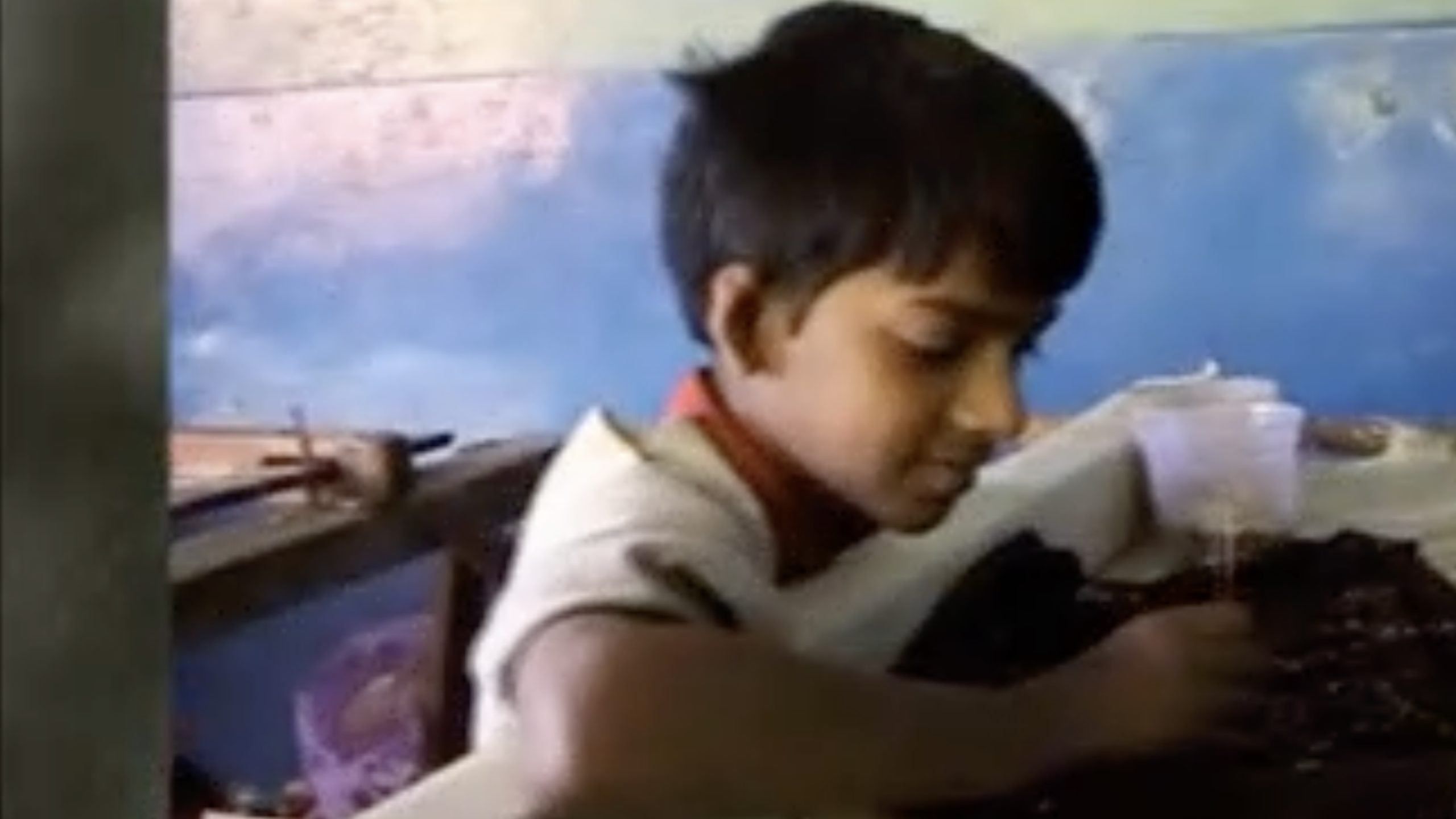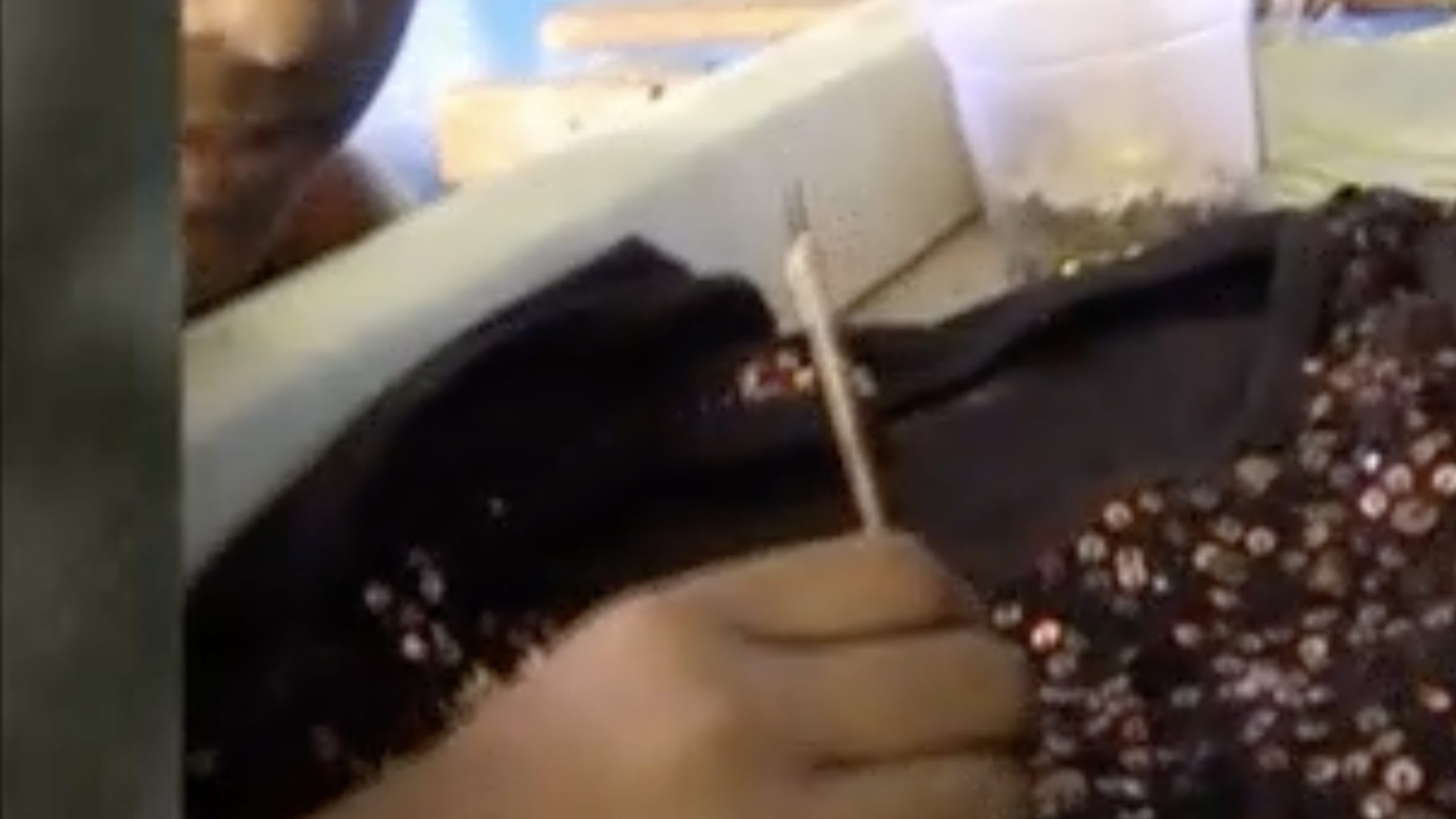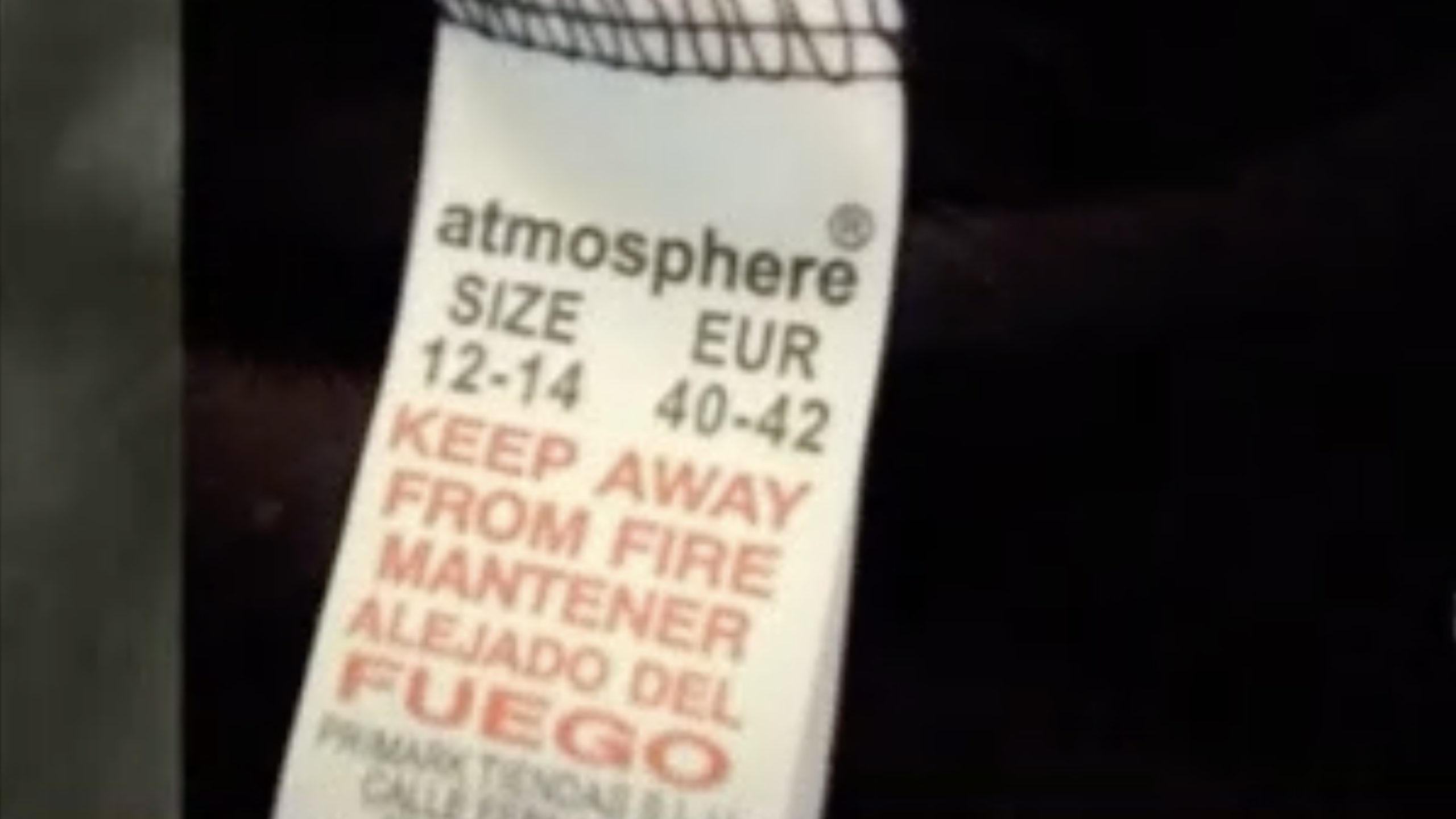
followthethings.com
Home & Auto
“Crude: The Real Price Of Oil“
A documentary film directed & produced by Joe Berlinger for First Run Features.
Trailer & pay per view stream embedded above. Search online for other streaming options here. Watch clips on the film’s YouTube channel here. Check its website here.
30,000 people living in Ecuador’s remote Amazon rainforest are taking out a US$27 billion class action suit against oil giant Chevron in the US over the dumping of toxic waste that has (allegedly) ruined their environment, livelihoods and health. Filmmaker Joe Berlinger hears about the case from the plaintiff’s US attorney and visits Ecuador to see what’s happening. He sees a gathering of indigenous people preparing a meal from canned tuna – unable to fish in their own water because its toxicity has killed or diseased any fish they might catch. The US oil giant Texaco had been drilling for oil here since the 1960s, and had allegedly dumped 18 billion gallon of toxic wastewater in the environment. Chevron had bought Texaco many years later so bought this responsibility too. Berlinger can’t imagine what his documentary will look like, or how it will appeal to audiences, until he meets an Ecuadorian oilfield labourer-turned-lawyer called Pablo Farjado who is working on the case. He’s the hero Berlinger needs, and he films without funding for a year (another two follow, after funding is secured). To join the dots in this case, he visits multiple places and talks to people who speak multiple languages. He films the trial, giving equal credence to the prosecution and the defence. He wants the audience to act as the jury, making up their own minds about the case. The film has fascinating twists, like the celebrities who get involved – most notably Trudie Styler and Sting – who help to turn what could have been a local news story into an international ’cause célèbre’. Once the film is released nationwide in the USA – even though the case is not resolved – it’s described as tragic, light, and comedic thriller because of its characters and unexpected twists and turns. One reviewer describes the film as ‘one of the most extraordinary legal dramas of our time’. Chevron’s lawyers and scientists have their say on screens, but audiences don’t warm to them. It’s a PR nightmare for Chevron. So the company attacks the film, filmmaker and prosecution team. Crude is one-sided, propaganda. And Chevron alleges corruption in the prosecution team which they say is shown in the film. A US court agrees that Berlinger should hand over all 600+ hours of footage so that Chevron’s complaint can be investigated, despite his First Amendments rights as a journalist. More celebrities (as well as filmmakers, journalists and professional organisations) come to his defence. But defending such a case is expensive when you’re up against an adversary with bottomless pockets. This is another excellent example of the ‘Streisand Effect’ – can attempts to intimidate trade justice activists (even when they’re trying to be even-handed!) discredit them and their work? Or can it create free publicity that makes it yet another unmissable film that a corporation ‘didn’t want you to see’? And, finally, can this type of manufactured scandal wither way, because less and less emphasis gets placed on the lives and environments of Ecuador’s indigenous people whose lives have been ruined by the oil industry?
Page reference: Jesse Fratkin, Judy Hwang and Shay O’Brien (2011) Crude: The Real Price Of Oil. followthethings.com/crude-the-real-price-of-oil.shtml (last accessed <insert date here>)
Estimated reading time: 47 minutes.
Continue reading Crude: The Real Price Of Oil ![]()





